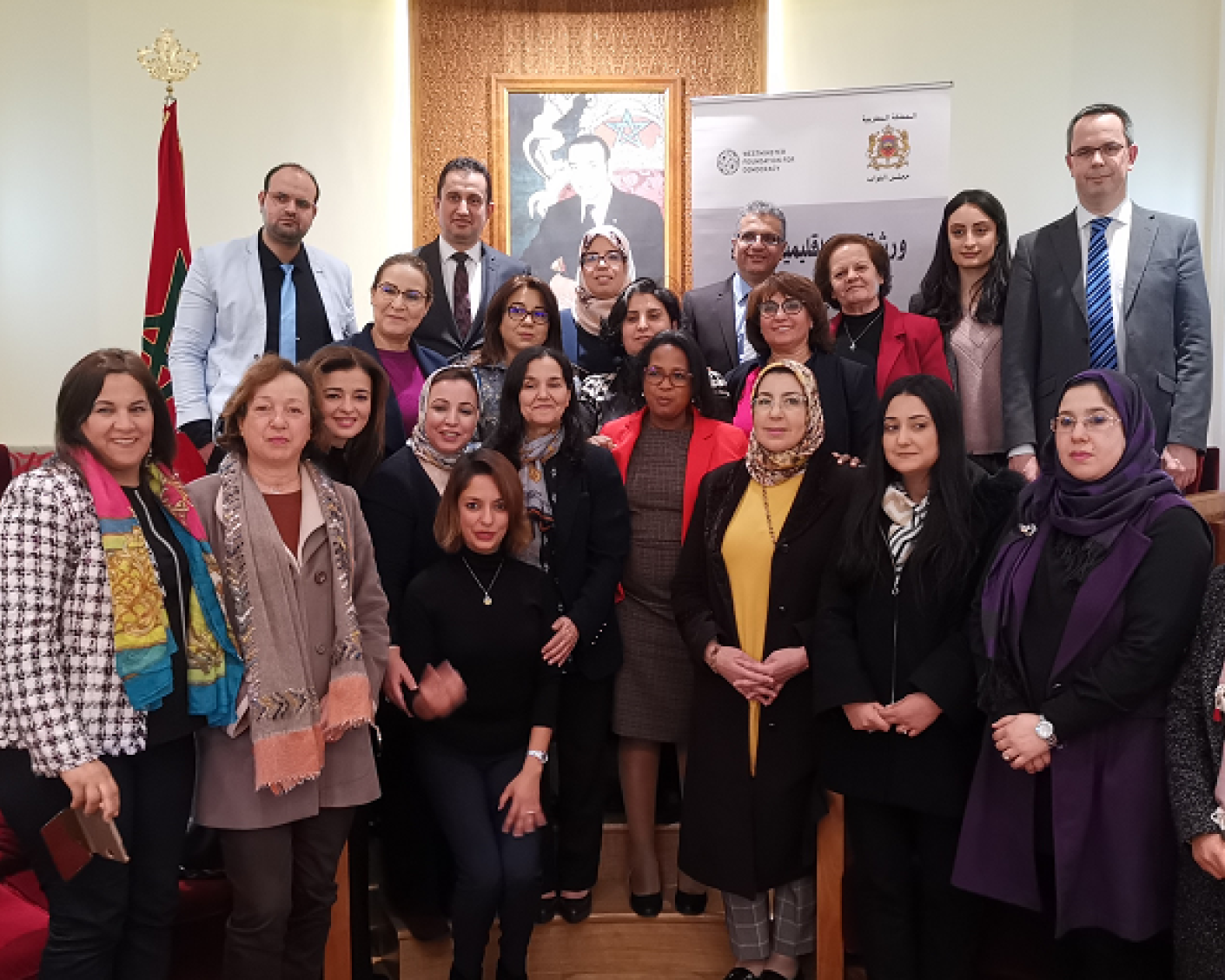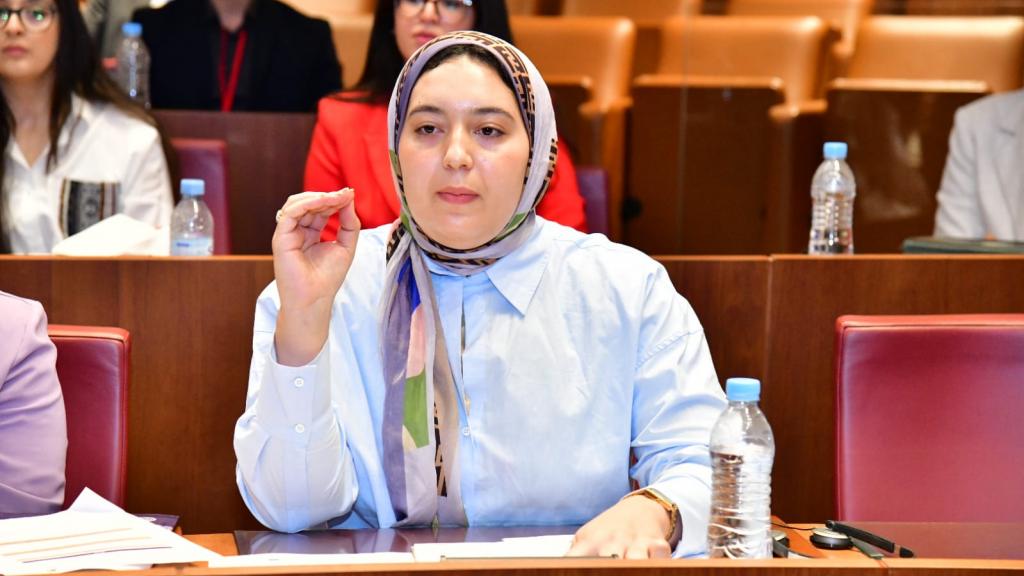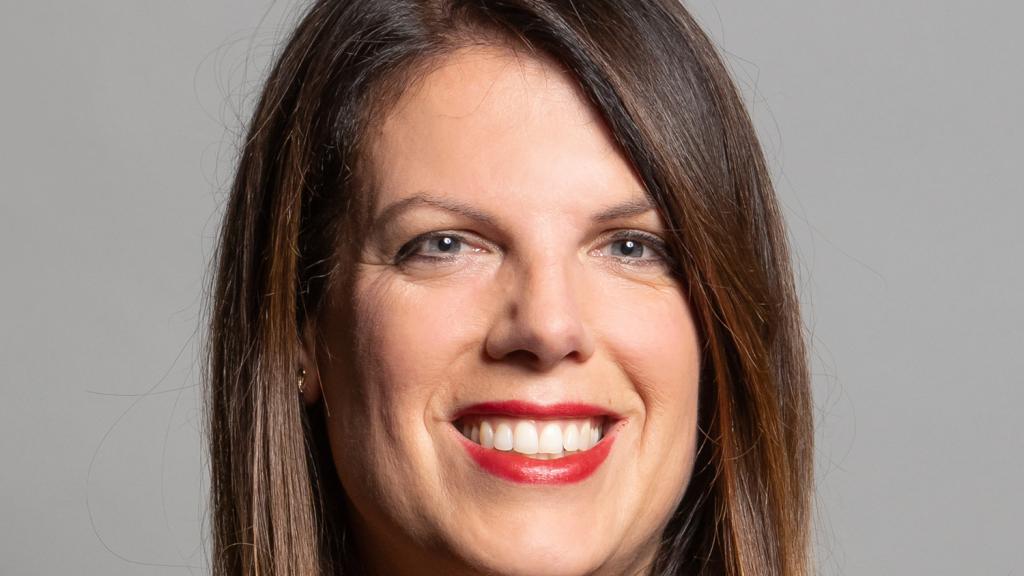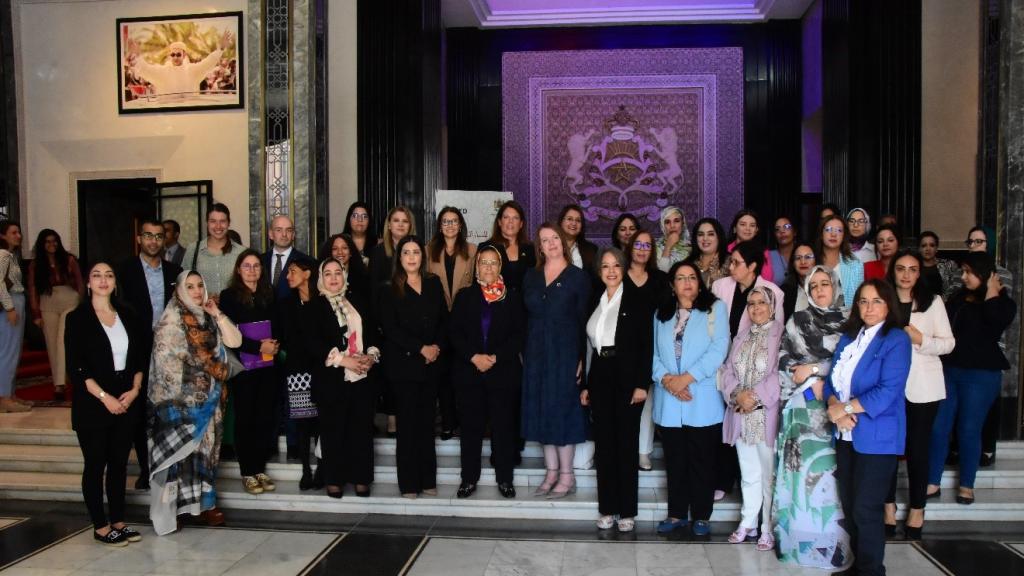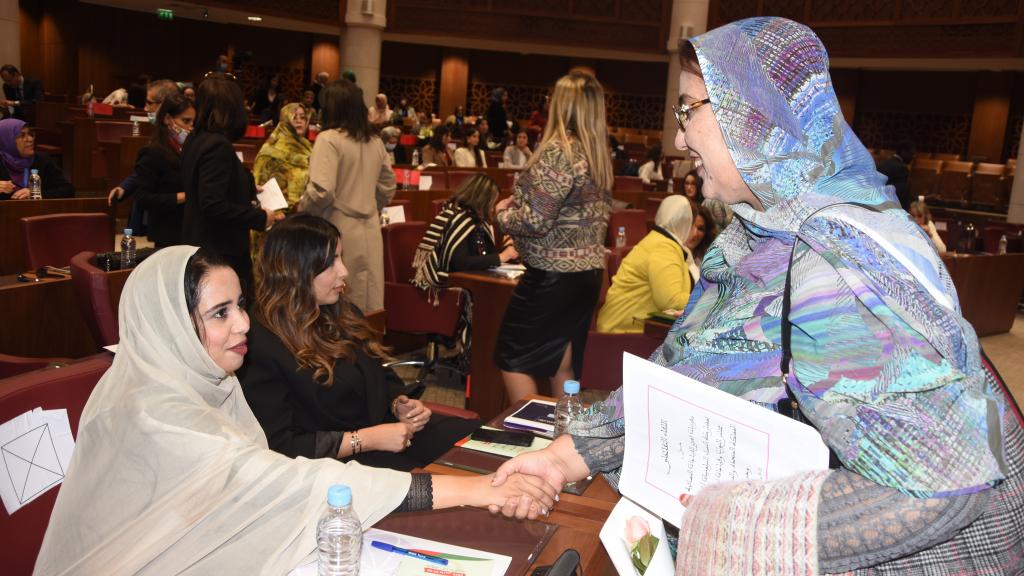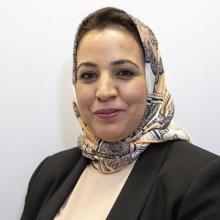In June 2021, WFD signed a new Memorandum of Understanding (MoU) for another five-year partnership agreement with the Morocco House of Representatives. The MoU provides the framework for continuing the collaboration between the two institutions and building on accomplishments from previous programmes.
Key areas of work
Completed programmes
Environmental Democracy Programme
By supporting legislators to play more active and assertive roles in setting the climate agenda, WFD is supporting the Global Goal on Climate Change Adaptation (GGA) and reformulation of the second Nationally Determined Contribution (NDC) of Morocco under the Paris Agreement, all whilst strengthening local and national level democratic institutions and practices, like bringing local communities into decision-making.
Youth Inclusion in Parliamentary Work
Working closely with the House of Representatives at all stages of programme design and implementation, WFD’s youth inclusion programme in Morocco equipped young people from political parties and youth civil society organisations with the skills and knowledge they need to effectively engage with parliament, with young people presenting policy papers to parliament that will be taken forward by legislators.
CSSF Morocco - Supporting Open and Inclusive Democratic Institutions
Parliaments hold governments and decision makers to account. This CSSF-funded programme in Morocco built on the long-standing partnership between WFD and the Parliament of Morocco to promote openness, transparency, citizen engagement, and empowerment of women MPs. WFD trained MPs and parliamentary staff to strengthen the effectiveness of committees and the quality of the laws they produce. WFD, through the programme, also set out to make the Moroccan Parliament more representative and more effective in holding the government to account.
Increasing engagement between the Moroccan Parliament and civil society
Supported by the Shiraka Fund under the Dutch Ministry of Foreign Affairs, this programme supported inclusion and public participation in policy making process in Morocco. This was achieved by enhancing links between Civil society organisations (CSOs) and parliament, as well as increasing their capabilities to work together on advancing key policy issues. In addition to leading to better policy outcomes, such engagement strengthened trust in parliament as a democratic institution.
Strengthening the role of civil society in the promotion of transparency (2021 - 2023)
Funded by the European Union (EU), and implemented in collaboration with the European Partnership for Democracy (EPD) and Impact for Development (IFD), this programme strengthened the capacity of civil society organisations (CSOs) in advocacy, monitoring, and evaluation of public policies for transparency and anti-corruption in Morocco. The programme was implemented in co-operation with public authorities and independent institutions, in particular Parliament.
Strengthening Women's Role in Political Decision-Making within Parliament (Jan 2022 – Dec 2022)
Women’s equal representation and participation in politics and public life is essential in a democracy. Women’s political leadership results in better outcomes for women and girls, as well as for the whole of society. This programme worked to advance women's political participation and leadership in Morocco by working with the Parliament of Morocco. The programme offered training to women MPs to help build their skills, facilitates peer-to-peer learning exchange schemes with other MPs from around the world, and supports the Thematic Working Group on Parity and Equity to develop its workplan. This 12-month long project was funded by Global Affairs Canada under the Canadian Fund for Local Initiatives managed by the Canadian Embassy in Rabat. Find out more.
Key Results
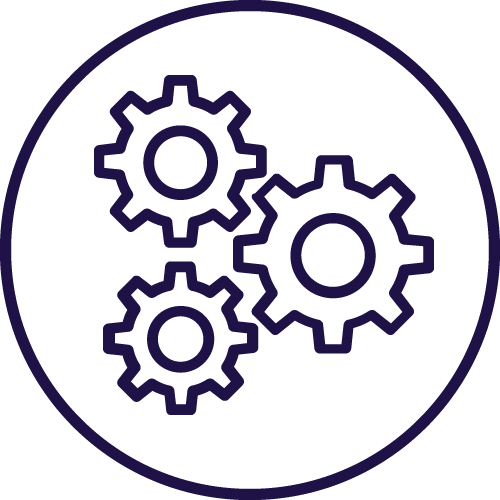
Strengthened legislative oversight
WFD supported the House of Representatives to adopt the First Public Policy Evaluation (PPE) guide in the Arab region. The Parliament also enhanced its role in post-legislative scrutiny to facilitate the process of evaluating and adopting laws.
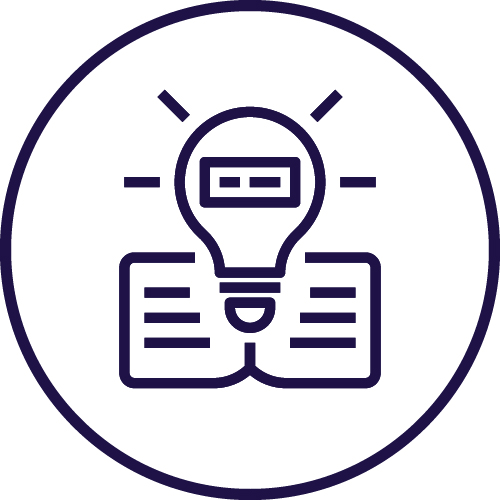
Strengthened the financial oversight function of the Parliament
Supported the Parliament to establish the Public Accounts Committee (PAC) in 2015, the first of its kind in the region. The first report of the PAC into fuel subsidies resulted in a successful policy change.

Improved communication in the Parliament
WFD worked with the House of Representatives (HoR) to reform its Oral Question System, which resulted in a more interactive debate between MPs and the relevant Ministers. The Parliament also modified its communication and its practices thanks to trainings in video production and use of social media making the HoR more inclusive and involving various stakeholders in decision-making.
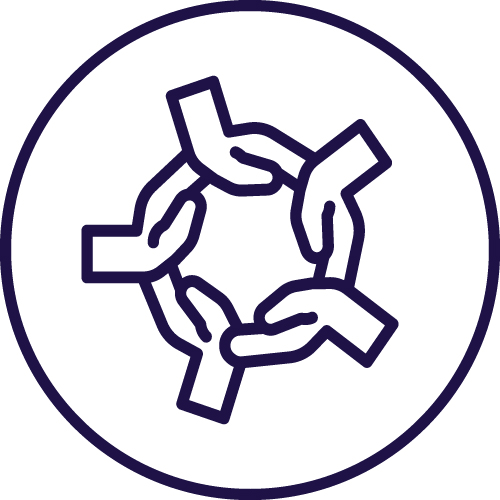
Enhanced gender representation
The HoR implemented new articles to reinforce the role of women in the Parliament: at least one third of key roles in the HoR are reserved for women. The Working Group on Parity & Equity, with support from WFD, was instrumental in this success. WFD also supported the adoption of a code of conduct to set standards of behaviour for MPs and supported in introducing the first women MPs’ working group for reform.
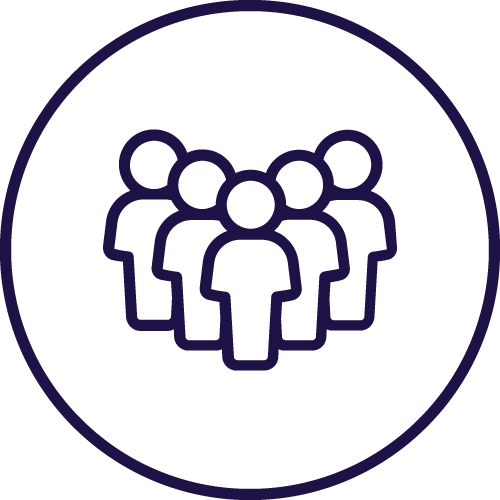
Enhanced Parliamentary openness
With support from WFD, the HoR broadcasted committee meetings live and renovated their website allowing for more opportunities for citizen engagement.

Promoted accountable governance
With WFD’s support, the Moroccan House of Representatives joined the Open Government Partnership in August 2019, as the first parliament in the Arab region to become a member.
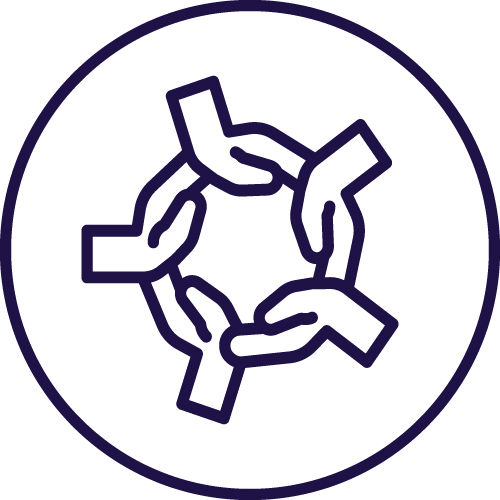
Increased Youth engagement
WFD supported enhanced engagement of young people through a parliamentary fellowship programme for PhD students, and through the creation of a section dedicated to young people on the House of Representatives’ website. Our youth inclusion programme has strengthened policy analysis skills among 38 young participants and influenced the Moroccan Parliament's approach to youth engagement in legislative processes.

Enhancing engagement between CSOs and Parliament
WFD Helped instil a new culture inside the parliament whereby civil society organisations (CSOs) are gradually and increasingly viewed as constructive partners for policy formulation, analysis and evaluation.

Public policies evaluation
WFD supported both Houses of Morocco's Parliament in strengthening public policy evaluation capabilities through international best practice exchanges, the development of evaluation frameworks, capacity building for research staff, and the creation of specialised evaluation guides—establishing systematic approaches for parliamentary committees to assess policy effectiveness.

Modernisation of Parliament administration
WFD supported Morocco's House of Representatives in modernising its parliamentary administration through the development of strategic plans (2012, 2016), the establishment of new administrative units and research centres across both Houses, and the implementation of codes of conduct for MPs (2012) and for parliamentary staff (2019).

Supporting priority issues with the Upper House
WFD supported Morocco's House of Councillors in expanding its leadership role on key policy issues by overseeing the implementation of the Sustainable Development Goals (SDGs), presenting the Rabat Declaration on climate change at the 2017 UN Climate Conference, creating platforms for public debate on social justice, and promoting regionalisation through local forums and enhanced citizen engagement.

Strengthening Inter-Parliamentary Relations
WFD supported the Moroccan Parliament in strengthening its international engagement through exchange initiatives and peer-learning activities with parliaments from ten countries (Scotland, Georgia, Switzerland, the Netherlands, Jordan, Bahrain, Venezuela, Lebanon, Tunisia, and Djibouti), enhancing institutional collaboration and building capacity in legislative, oversight, and representative functions.
Related content
Contact us
Rabat
Morocco
